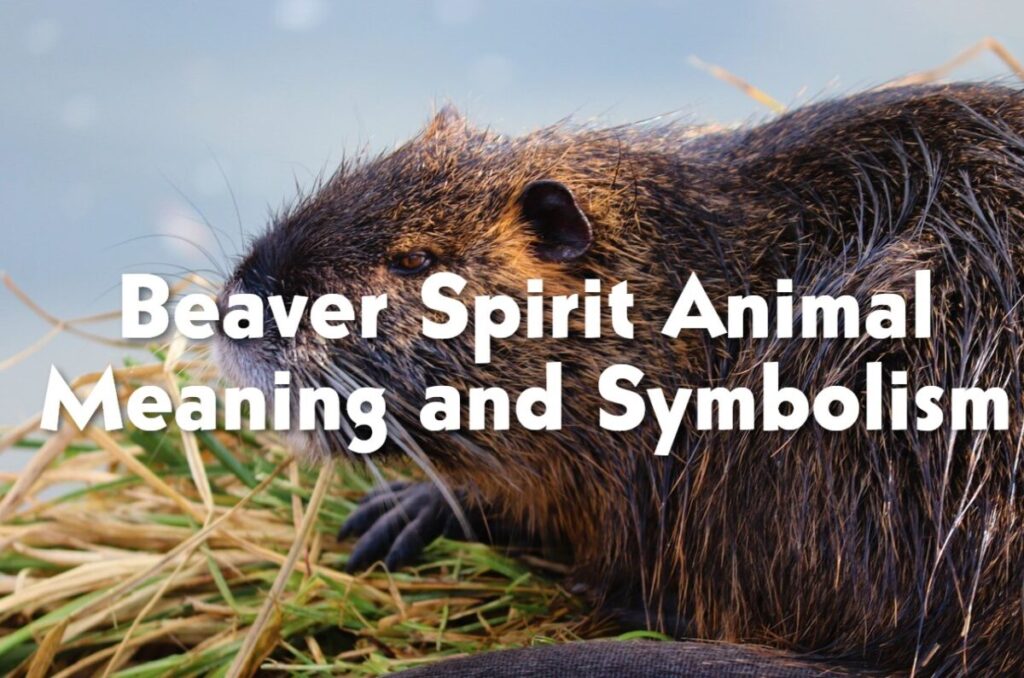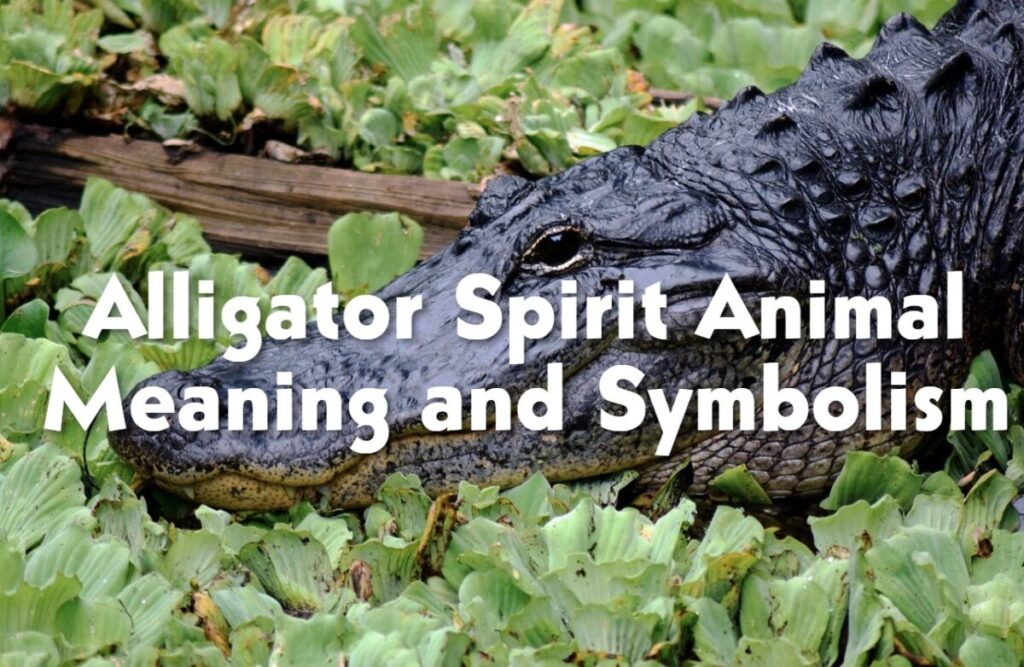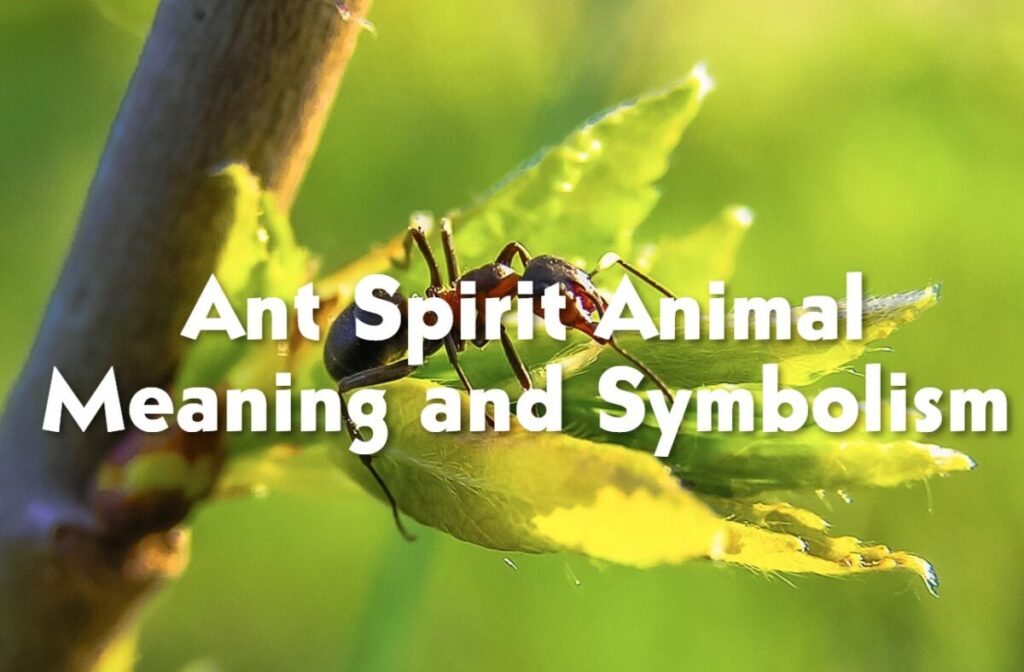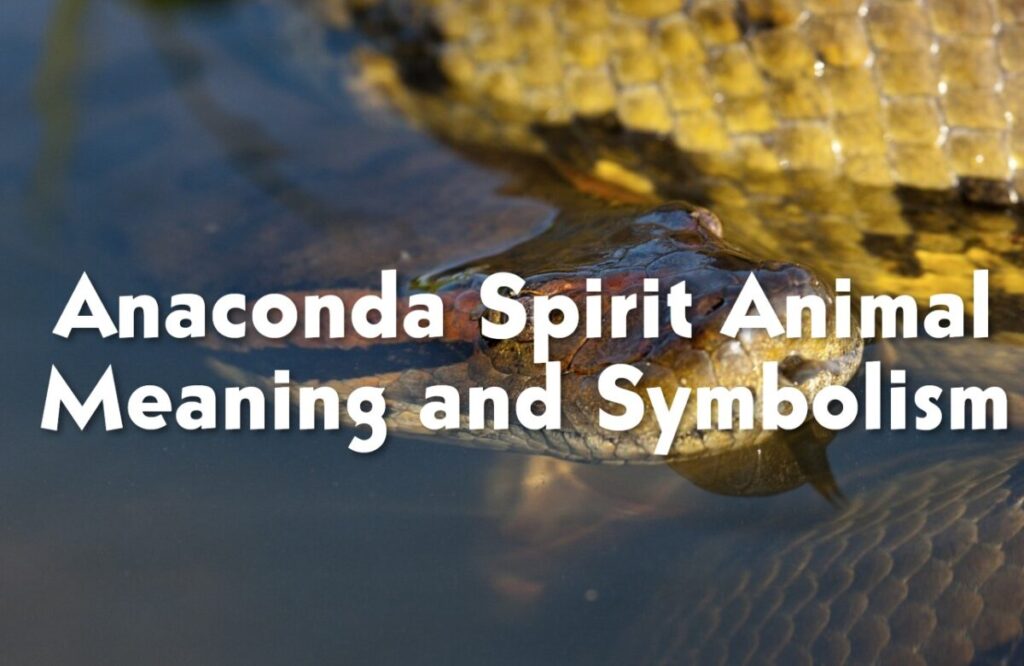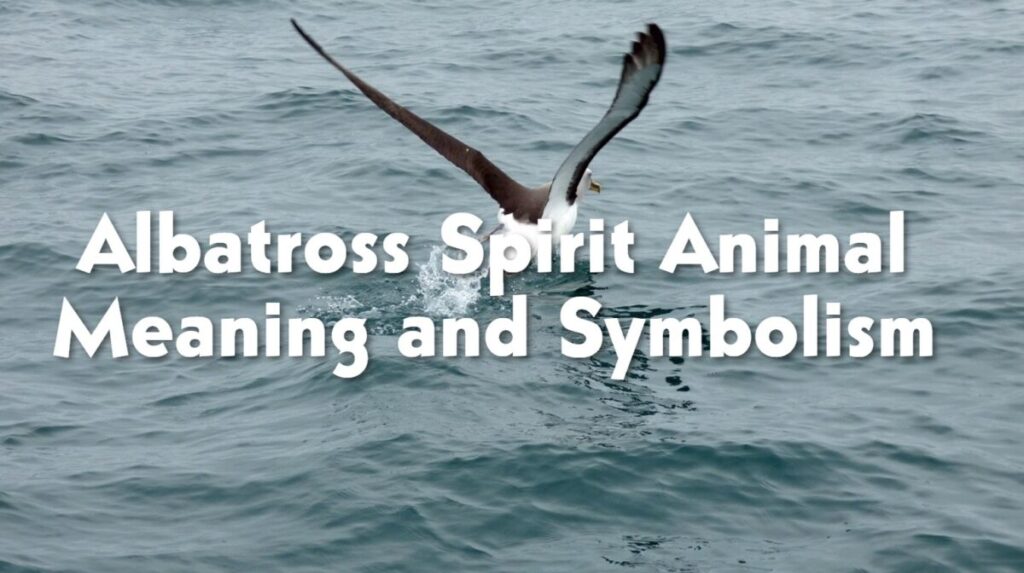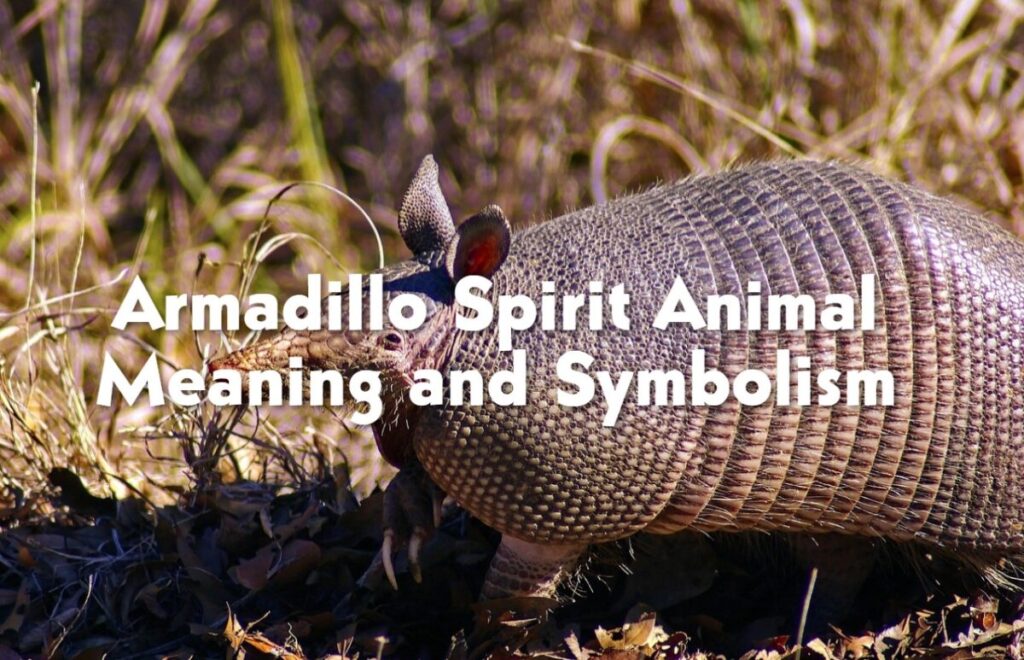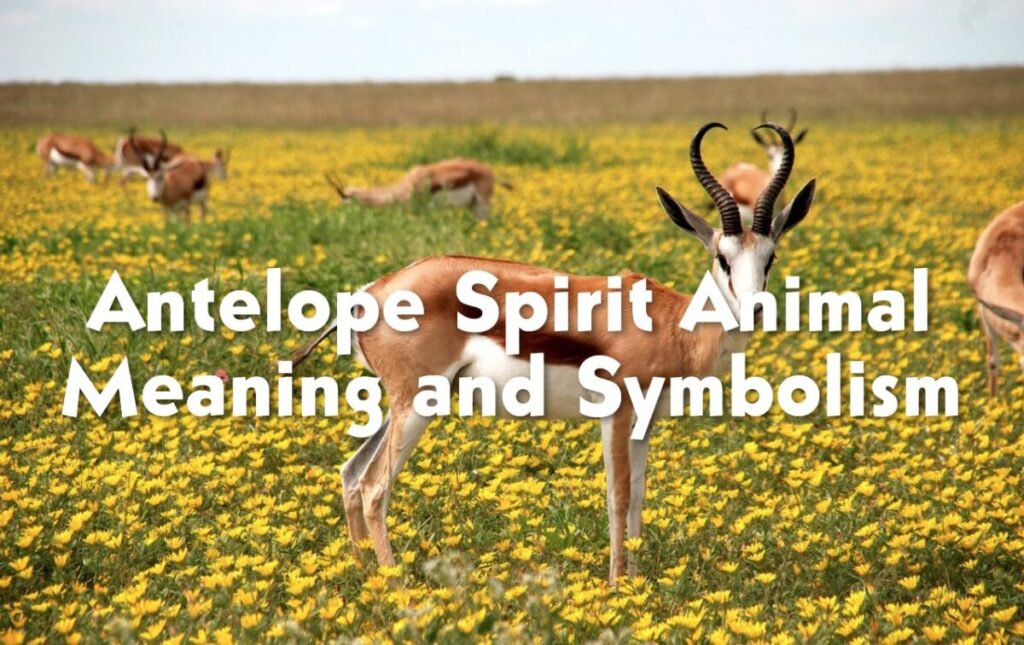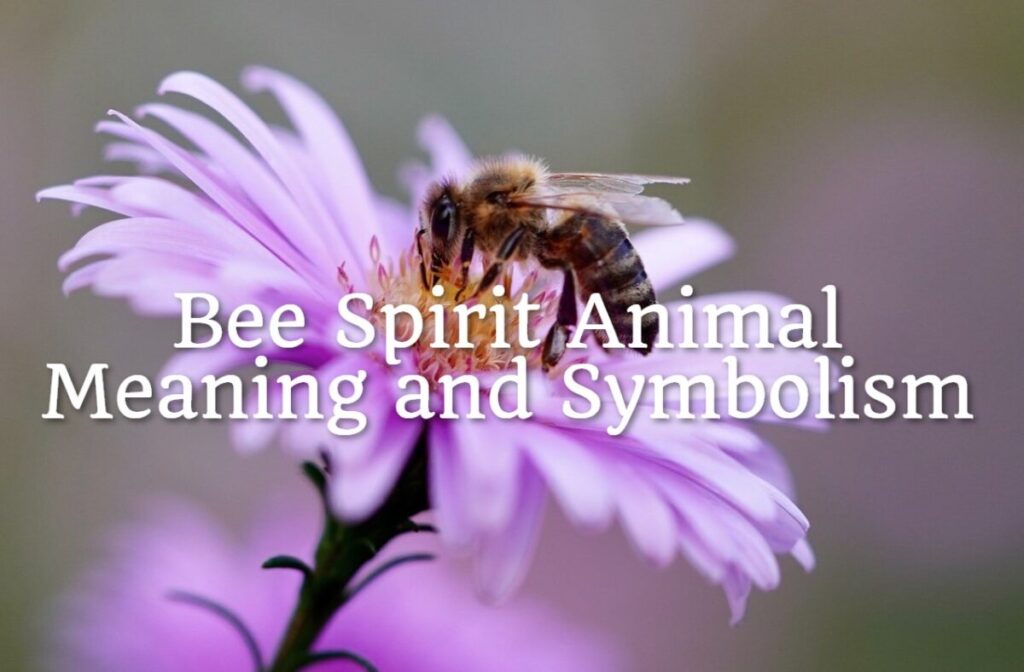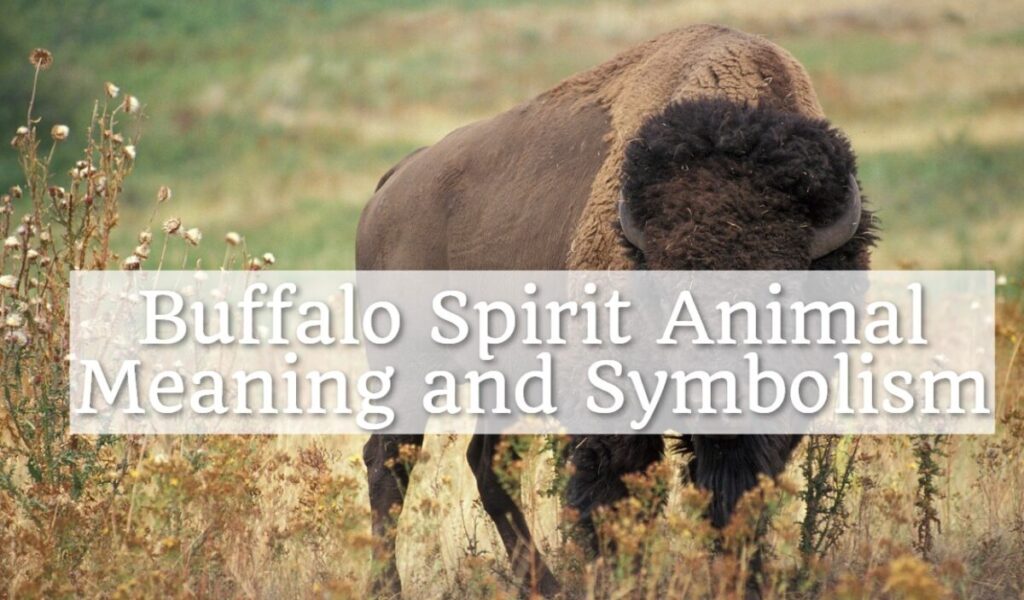When the wolf prowls into your life as your spirit animal, it’s time to take note. As a symbol of freedom, loyalty, and keen intuition, the wolf speaks volumes about your inner world. Associated with the wild, the untamed, and the unknown, the wolf signifies an inner call to step out of your comfort zone, unleashing your true spirit and strength. It encourages you to follow your instincts, keep the pack – your loved ones – close, yet cherish your individuality.
Table of Content
- Spiritual meaning of the Wolf
- Wolf spirit animal characteristics and personality
- What does the Wolf spirit animal represent?
- Wolf spirit animal positive powers
- Wolf spirit animal negative powers
- The spirit of the Wolf as healer and teacher
- How to call the animal spirit of a Wolf for help?
- The Wolf, an ancient spirit animal worshiped in many traditions
- The spirit of the Wolf and healing
- Wolf totem animal
- Wolf spirit animal and grounding forces
- How does the Wolf animal spirit make itself known?
- How do I honor my spirit animal?
- How to understand your Wolf spirit animal message?
- Wolf mythology and folklore
- Wolf meaning in Greek and Roman mythology
- Wolf meaning and symbolism in Finnish culture
- Wolf symbolism in Anglo-Saxon folklore
- Wolf in Native American culture
- Wolf symbolism in Celtic folklore
- Wolf symbolism in Asia
- Wolf meaning in Nordic mythology
- Wolf in Slavic Culture and Folklore
- Wolf symbolism in Quran
- Wolf symbolism in Indian culture
- Wolf in astrology & zodiac
- Wolf symbolism in Chinese cultures
- Wolf in the Bible
- Wolf in Chinese Medicine
- Wolf meaning in feng shui
- Wolf tattoo meaning
- Wolf sayings
- Wolf slang
- Modern Wolf symbolism
- Wolf spirit animal final thoughts
Spiritual meaning of the Wolf
Wolf carries a potent spiritual meaning. As your spirit animal, it beckons you to a path of self-discovery, self-reliance, and personal power. It symbolizes courage, endurance, and sharp intellect. In essence, the wolf spirit is your guide through the wilderness of the soul, leading you to unearth your deepest passions, your highest truths, and your innate wisdom. So, when the spiritual wolf howls in your dreams or thoughts, you’re being nudged to delve deeper into your spirituality, exploring new terrains of understanding and enlightenment.
Wolf spirit animal characteristics and personality
The wolf spirit animal is marked by its distinctive characteristics. Known for their tight-knit pack relationships, wolves embody loyalty and community. These creatures are fierce protectors, symbolizing courage and strength. They’re also wildly independent, representing freedom and self-reliance. With a highly evolved sense of intuition, wolves are in tune with nature’s rhythms, teaching us to trust our instincts. If you feel a connection with this spirit animal, you’re likely one who values deep relationships, independence, and a strong intuition – all wrapped in a bundle of undying bravery.
What does the Wolf spirit animal represent?
The wolf spirit animal stands for several profound qualities. Its primal howl resonates with wisdom, bravery, and fierce independence. It embodies the essence of untamed freedom, encouraging you to unleash your true self. The wolf also represents an innate sense of intuition, suggesting a deep connection with the mysteries of life. If you’re attuned to the wolf spirit, you may find a deep resonance with wilderness, a natural instinct for understanding, and an irrepressible yearning for personal freedom.
Wolf spirit animal positive powers
The positive powers of the wolf spirit animal are incredibly potent. These creatures are symbols of intuition, teaching us to trust our inner voice. They represent courage and strength, instilling bravery in the face of adversity. Their loyalty to the pack underlines the importance of community and unity, while their independence underscores our need for individuality. If the wolf is your spirit guide, these positive powers can be harnessed to navigate through life’s challenges with grace, fearlessness, and instinctual intelligence.
Wolf spirit animal negative powers
On the flip side, the wolf spirit animal also carries certain negative powers. Sometimes, its symbol of independence can spiral into feelings of isolation or misunderstanding. The fierce protectiveness that wolves are known for can lead to aggressive behaviors if not kept in check. Similarly, their strong instinctual drives can sometimes push you to act impulsively, bypassing rational thought. It’s essential to balance these energies, learning to blend instinct with reason, and independence with connection.
The spirit of the Wolf as healer and teacher
Behold the wolf as a formidable healer and teacher. As a healer, the wolf spirit helps you tap into your intuition, healing emotional wounds and guiding you towards self-discovery. It teaches lessons of independence, reminding you of your individual strength while highlighting the importance of your tribe. As a teacher, it imparts lessons of loyalty, courage, and the power of the natural world. Pay heed to these teachings, for they can illuminate your path and enhance your understanding of yourself and the world around you.
How to call the animal spirit of a Wolf for help?
To call upon the wolf spirit animal for guidance, you must connect deeply with nature. Try to find a peaceful spot in the wilderness where you feel the closest to your primal self. Sit quietly, take deep breaths, and visualize the wolf. Speak your intent aloud or silently, asking for its wisdom and guidance. Remember to be respectful and express gratitude for its presence. The wolf spirit animal will answer, guiding you through your intuition, dreams, or symbols in your surroundings.
The Wolf, an ancient spirit animal worshiped in many traditions
Time immemorial, the wolf has been revered across diverse traditions. From the Native American tribes who saw it as a totem of wisdom and courage, to the ancient Norse who associated the wolf with Odin, the god of wisdom, war, and magic. Even in Roman mythology, the founders of Rome, Romulus and Remus, were nursed by a she-wolf. Such widespread worship underscores the timeless wisdom and symbolic power the wolf spirit animal embodies, shaping cultures and beliefs across the globe.
The spirit of the Wolf and healing
In the realm of healing, the wolf spirit holds a powerful position. It helps us reconnect with our intuition, which is often the first step towards emotional and spiritual healing. It teaches us the balance between independence and community, healing the rift between self and others. Furthermore, the wolf spirit animal aids in unleashing our wild, authentic selves, assisting in the healing process by aligning our actions with our true nature. Through the wolf spirit, we can learn to heal from within, harnessing our own innate powers.
Wolf totem animal
When the wolf is your totem animal, your journey is a dance between the wild and the civilized, the pack and the individual, the intuitive and the logical. The wolf totem is a reminder of your instinctual nature, your innate wisdom, and your ability to navigate life with courage. It’s a beacon of loyalty, pushing you to protect and nurture your relationships. So, let the wolf totem guide you, and you might just discover a wild, powerful, and wise version of yourself waiting to be unveiled.
Wolf spirit animal and grounding forces
The wolf spirit animal offers grounding forces. Rooted in the realities of the wild, it serves as a reminder to stay connected to the earth and nature. The wolf spirit brings balance, teaching us to appreciate our primal instincts while also valuing our human connections. By connecting us to the natural world, the wolf spirit provides a grounding force that can help anchor us amidst the chaos and confusion of modern life.
How does the Wolf animal spirit make itself known?
The wolf spirit animal makes its presence known in various ways. You may feel a deep, unexplained connection with wolves, or perhaps you’re frequently encountering wolf imagery. They may appear in your dreams, or their distinctive howl might seem to call to you in the quiet of the night. At times, the wolf spirit may simply stir feelings of courage, loyalty, or a deep desire for independence within you. These are all signs that the wolf spirit animal is reaching out, ready to guide you through your spiritual journey.
How do I honor my spirit animal?
Honoring your wolf spirit animal can take various forms. Spend time in nature, connecting with the wilderness that wolves call home. Learn about wolves, their behaviors, habitats, and roles in the ecosystem. You could create an art piece, write a poem, or even wear jewelry that symbolizes the wolf. Meditation and dream interpretation, focusing on wolf imagery, can also help. Through these actions, you not only honor your wolf spirit animal, but you also allow its wisdom and energy to deeply permeate your life.
How to understand your Wolf spirit animal message?
Deciphering the message of your wolf spirit animal can be an intuitive process. Often, its wisdom unfolds in the stillness of contemplation or in the realm of dreams. Reflect on the wolf’s symbolism – its independence, loyalty, intuition, and courage. Notice how these themes resonate with your current life situation. Are you being called to assert your independence or to prioritize community? Are you being encouraged to trust your instincts or to tap into your courage? As you contemplate these questions, you’ll unravel the messages your wolf spirit animal seeks to impart.
Wolf mythology and folklore
Throughout history, wolves have howled their way into numerous myths and folktales. They’re often depicted as wise and powerful creatures, as well as cunning tricksters. From the loyal Fenrir in Norse mythology, to the mighty wolf spirits in Native American lore, the symbolic wolf echoes through the annals of time. Each story brings to light different facets of the wolf’s nature, painting a multifaceted picture of this fascinating creature.
Wolf meaning in Greek and Roman mythology
In Greek and Roman mythology, the wolf holds a revered spot. The nurturing she-wolf, Lupa, cared for the orphaned twins Romulus and Remus, founders of Rome. Meanwhile, Apollo, the god of sun, music, and knowledge, had a sacred association with wolves. In essence, these mythologies align the wolf with protection, survival, and enlightenment – infusing it with a profound symbolism that echoes through the ages.
Wolf meaning and symbolism in Finnish culture
Finnish mythology sings of the wolf’s might. Susi, the Finnish term for wolf, is a key figure in many legends, particularly in Kalevala, the Finnish national epic. Often, the wolf is associated with the harsh, untamed wilderness – a testament to resilience, survival, and the primal force of nature. From tales of mighty wolf deities to folklore about enchanted wolf kings, the wolf’s symbolism in Finnish culture is vibrant and multilayered.
Wolf symbolism in Anglo-Saxon folklore
Woven into the fabric of Anglo-Saxon folklore is the powerful symbolism of the wolf. Often depicted as a totemic animal, wolves are associated with protection, strength, and loyalty. They were believed to be guides to the afterlife, escorting fallen warriors to their final resting place. This association with the afterlife, combined with their reputation as protective creatures, paints the wolf as a deeply spiritual animal in the tapestry of Anglo-Saxon folklore.
Wolf in Native American culture
Native American culture holds a deep respect for the wolf. Seen as a teacher and a guide, the wolf is a revered figure, symbolizing wisdom, strength, and loyalty. It is often associated with powerful spirits and is considered a totem animal for some tribes. The wolf’s ability to survive in harsh conditions and its strong pack bonds further enhance its respected status, making it a potent symbol of resilience and community.
Wolf symbolism in Celtic folklore
In Celtic folklore, the wolf is a creature of enchantment and mystery. Associated with lunar power, the wolf symbolizes transformation and intuition. They are also considered protectors and guides, often seen escorting souls to the Otherworld. Celtic warriors even adopted the wolf as a symbol of ferocity and courage, further cementing the wolf’s place in Celtic symbolism as a creature of power, transformation, and otherworldly guidance.
Wolf symbolism in Asia
Asian cultures perceive the wolf in various lights. In Mongolian and Turkic legends, the wolf is a revered ancestor and a symbol of endurance and respect. However, in other parts of Asia like Japan and China, the wolf can also symbolize greed and destruction. These contrasting views serve as a reminder of the wolf’s diverse symbolism, embodying both the harsh realities and the sublime mysteries of life.
Wolf meaning in Nordic mythology
Nordic mythology brims with tales of majestic wolves. Fenrir, the monstrous wolf son of Loki, is a key figure, embodying raw power and primal fear. Meanwhile, the wolves Sköll and Hati chase the sun and moon, representing the endless cycle of time. The symbolism of the wolf in Nordic mythology is rich, underlining themes of power, fear, and the eternal rhythm of the cosmos.
Wolf in Slavic Culture and Folklore
In Slavic culture and folklore, the wolf straddles the line between fear and respect. While they’re often seen as cunning and dangerous creatures, wolves also symbolize strength, endurance, and freedom. Many Slavic folktales feature wolves as wise, albeit elusive, guides. The Slavic god of the underworld, Veles, is often depicted as a wolf, reinforcing the link between this creature and the mysteries of life and death.
Wolf symbolism in Quran
In the Quran, the story of Joseph mentions a wolf. It’s used as a ruse by Joseph’s brothers to deceive their father, symbolizing deception and trickery. This tale serves as a reminder of the wolf’s dual nature – it can be seen as a symbol of cunning and deceit, yet its innate wisdom and strength cannot be overlooked. Even in Islamic symbolism, the wolf’s multi-dimensional character shines through.
Wolf symbolism in Indian culture
Indian culture presents a complex view of the wolf. In certain tribal communities, the wolf is seen as a protective totem. Some folktales portray wolves as wise and nurturing creatures. However, mainstream culture often associates wolves with danger and trickery, influenced by stories like the Panchatantra. As such, the wolf symbol in Indian culture encapsulates a wide spectrum, ranging from wisdom and protection to deception and danger.
Wolf in astrology & zodiac
Astrologically, the wolf is linked with the sign of Cancer, symbolizing intuition, nurturing, and emotional depth. The moon, the ruling planet of Cancer, enhances the wolf’s link with intuition and mystery. Wolf people are seen as fiercely loyal, intuitive, and caring, reflecting the nurturing and protective aspects of the Cancer sign. Thus, the wolf’s astrology symbolism infuses it with emotional richness, intuitive wisdom, and profound protective instincts.
Wolf symbolism in Chinese cultures
In Chinese culture, the wolf is a symbol of guardianship, ritual, loyalty, and spirit. Seen as teachers in the art of survival and adaptability, wolves are respected figures. However, they are also sometimes seen as fearsome and unpredictable creatures. The Chinese zodiac does not include the wolf, but its characteristics are reflected in several zodiac animals, most notably the dog, which shares the wolf’s qualities of loyalty and guardianship.
Wolf in the Bible
Biblically, the wolf holds a complex symbolism. On one hand, it’s portrayed as a ravenous and deceptive creature, symbolizing those who lead others astray. On the other, the prophet Isaiah speaks of a peaceful future where the wolf and the lamb will live together in harmony. This dual portrayal hints at the transformative power of the wolf, capable of embodying both cautionary and harmonious themes.
Wolf in Chinese Medicine
In Chinese Medicine, wolf parts have been used in the past to treat various ailments, but this is now discouraged due to conservation concerns. Symbolically, the wolf represents the vital balance between independence and community, reminiscent of the Yin and Yang concept. This balance is a core principle of Chinese Medicine, highlighting the importance of harmony for overall well-being.
Wolf meaning in feng shui
In Feng Shui, the wolf symbolizes guardianship, loyalty, and spirit. Placing a wolf symbol in your home is thought to foster a sense of loyalty and family, emulating the strong pack dynamics of wolves. As the wolf also symbolizes sharp instincts and powerful intuition, a wolf figure can also bring these energies into your living space, promoting a balanced and protective environment.
Wolf tattoo meaning
Wolf tattoos are a powerful symbol and can represent a variety of attributes, including strength, loyalty, courage, and independence. They can also symbolize family, due to the wolf’s strong pack mentality, or wisdom, in reference to the wolf’s association with intuition and spirituality. As such, a wolf tattoo can serve as a potent personal symbol, embodying the attributes that resonate most with you.
Wolf sayings
There are many wolf sayings that encapsulate the wisdom and spirit of this creature. Phrases like “wolf in sheep’s clothing” warn us about deceptive individuals, while “lone wolf” praises the virtue of independence. “Keep the company of wolves” encourages us to surround ourselves with strong, loyal companions, echoing the wolf’s pack mentality. Each saying carries a nugget of wolf wisdom, reminding us of the many lessons this spirit animal teaches.
Wolf slang
Wolf slang is as multifaceted as the creature itself. A “wolf” can refer to someone who’s predatory or sly, alluding to the wolf’s cunning nature. “Wolfing down” food means to eat quickly, mimicking the ravenous eating habits of wolves. Conversely, “to cry wolf” refers to raising false alarms, derived from Aesop’s fable about a boy who lied about a wolf attack. Each slang term offers a peek into how the wolf’s symbolism permeates everyday language.
Modern Wolf symbolism
In modern symbolism, the wolf continues to inspire with its potent blend of wildness, wisdom, and familial loyalty. Wolves represent the spirit of the untamed, yet they also embody community and cooperation. From popular culture to environmental activism, the wolf symbol serves as a rallying point, reminding us to protect the wild and honor our primal instincts.
Wolf spirit animal final thoughts
Embracing the wolf as your spirit animal ushers you into a realm of wild wisdom and intuitive understanding. The wolf guides you through life’s wilderness, its howl resonating with your primal spirit, awakening courage, loyalty, and a fierce sense of independence. Like the wolf that walks its path with unflinching resolve and strength, may you journey through life with the wisdom and courage of this majestic spirit animal.

